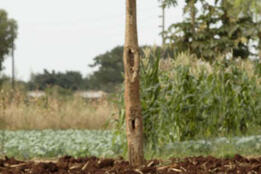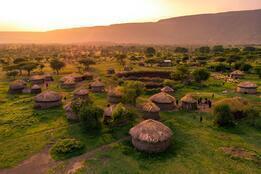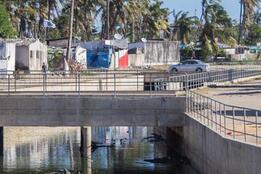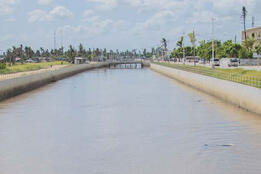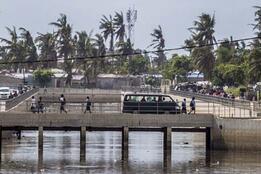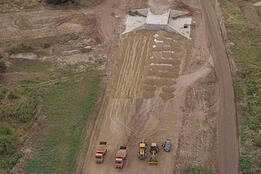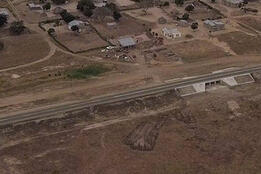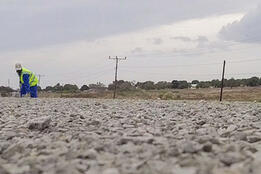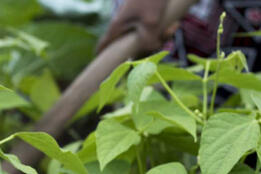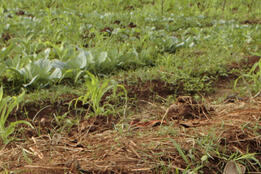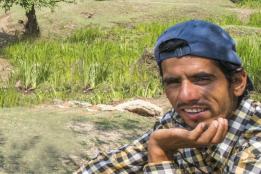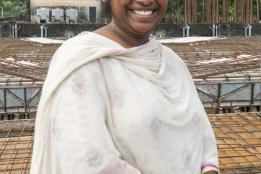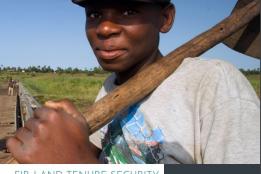Mozambique, located in southeastern Africa, shares its borders with Malawi, Zambia, Zimbabwe, Eswatini, South Africa, and the Indian Ocean. The country is vulnerable to climate variability, droughts, floods, and tropical cyclones. Droughts — the most frequent disaster — affects most of the country’s rural population who rely on rainfed agriculture. As Mozambique also lies at the end of numerous transnational river basins, flooding in its deltas is also a perennial threat, especially when coupled with cyclonic storm surges.
INVESTING IN MOZAMBIQUE

CIF’s investments in Mozambique are through its Pilot Program for Climate Resilience (PPCR) and Forest Investment Program (FIP). In line with Mozambique’s efforts to manage and tackle the effects of climate change, the country’s $89-million PPCR investment plan is supporting infrastructure upgrades, improving land and water resource management, enhancing climate services, and developing its local and national capacities for climate-resilient planning and action.
Furthermore, in line with Mozambique’s Reducing Emissions from Deforestation and Forest Degradation (REDD+) strategy, its $28-million FIP investment plan is aimed at reducing deforestation and forest degradation by 40 percent by 2030. The national and landscape-level interventions are targeted at decreasing emissions and promoting rural development, as well as engaging the private sector in order to link communities to opportunities provided by a major forest sector plantation investment.
In 2022, the African Zambezi River Basin Region was selected as one of the first participants in the Nature, People and Climate investment program. Malawi, Mozambique, Namibia, Tanzania and Zambia seek finance to support the restoration of 30,000 hectares of degraded wetlands along the Zambezi River Basin.

